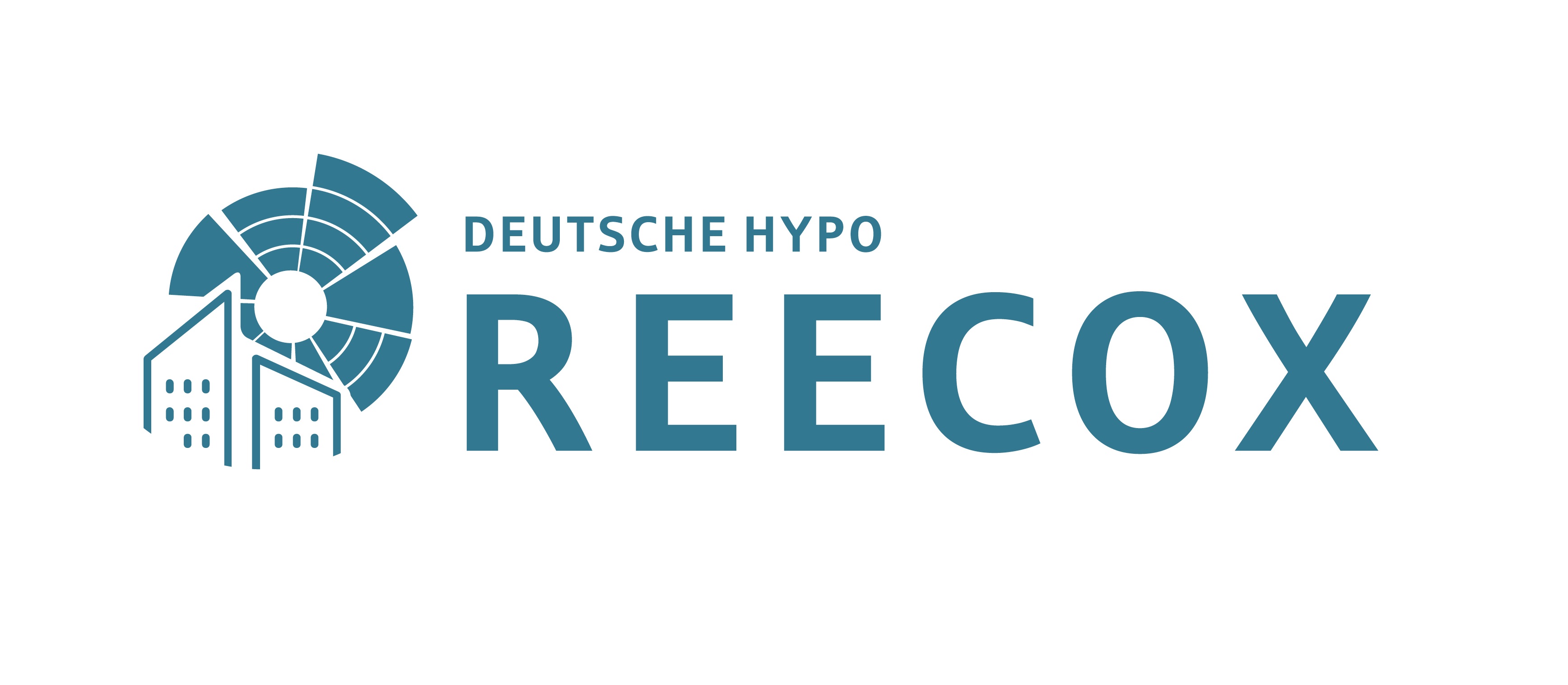Deutsche Hypo REECOX falls only slightly to 354.5 points
Following positive figures at the beginning and in the middle of the year, the German REECOX proved stable in the third quarter. Overall, the index fell by 0.5 % to 354.5 points, which is below average in a European context.
Frank Schrader, Managing Director Deutsche Hypo – NORD/LB Real Estate Finance: “After recording strong growth at times in the past four quarters, the Euro Score experienced a slight slowdown in its positive trend in the third quarter of 2021. All in all, we are still at a very high level, and real estate remains an extremely sought-after asset class. The important thing at present is to keep a close eye on interest rates and inflation. At 4.1 %, the latter is currently at its highest since 1993. Taking into account the extraordinary effects from the second half of the year, it remains within the ECB’s target corridor when viewed from a two-year perspective. Nevertheless, negative interest rates and these inflation figures are leading to a devaluation in real terms, increasing the pressure on central banks.”
Once every quarter, the REECOX provides an overview of real estate market activity in Germany, France, the UK, Poland, Spain and the Netherlands. The index for each of the six countries is calculated using five input variables. In Germany, those variables are the DAX, the DIMAX, the European Commission’s Economic Sentiment Indicator for Germany, the basic rate of interest pursuant to Section 247 of the German Civil Code (BGB) and the interest rate for ten-year German government bonds. Germany’s blue-chip index, the DAX, has recently proved volatile, dropping by 1.7 % overall compared with the previous quarter. The German real estate share index DIMAX also recorded a negative performance, falling by 3.1 % to 1,001 points. By contrast, the business climate measured by the European Sentiment Indicator (ESI) reached a peak of 118.0 points at the end of September.
Ingo Albert, Head of the Frankfurt office, says: “Generally speaking, the commercial real estate market is in good spirits. However, the limiting factors increasingly affecting all asset classes are the rise in construction costs and correspondingly high construction prices. In the case of office real estate, a trend reversal has been apparent since the middle of the year, with tenant demand picking up sharply. The need for space per employee is largely unchanged. However, more flexible standards and greater volumes of general space are required.”

